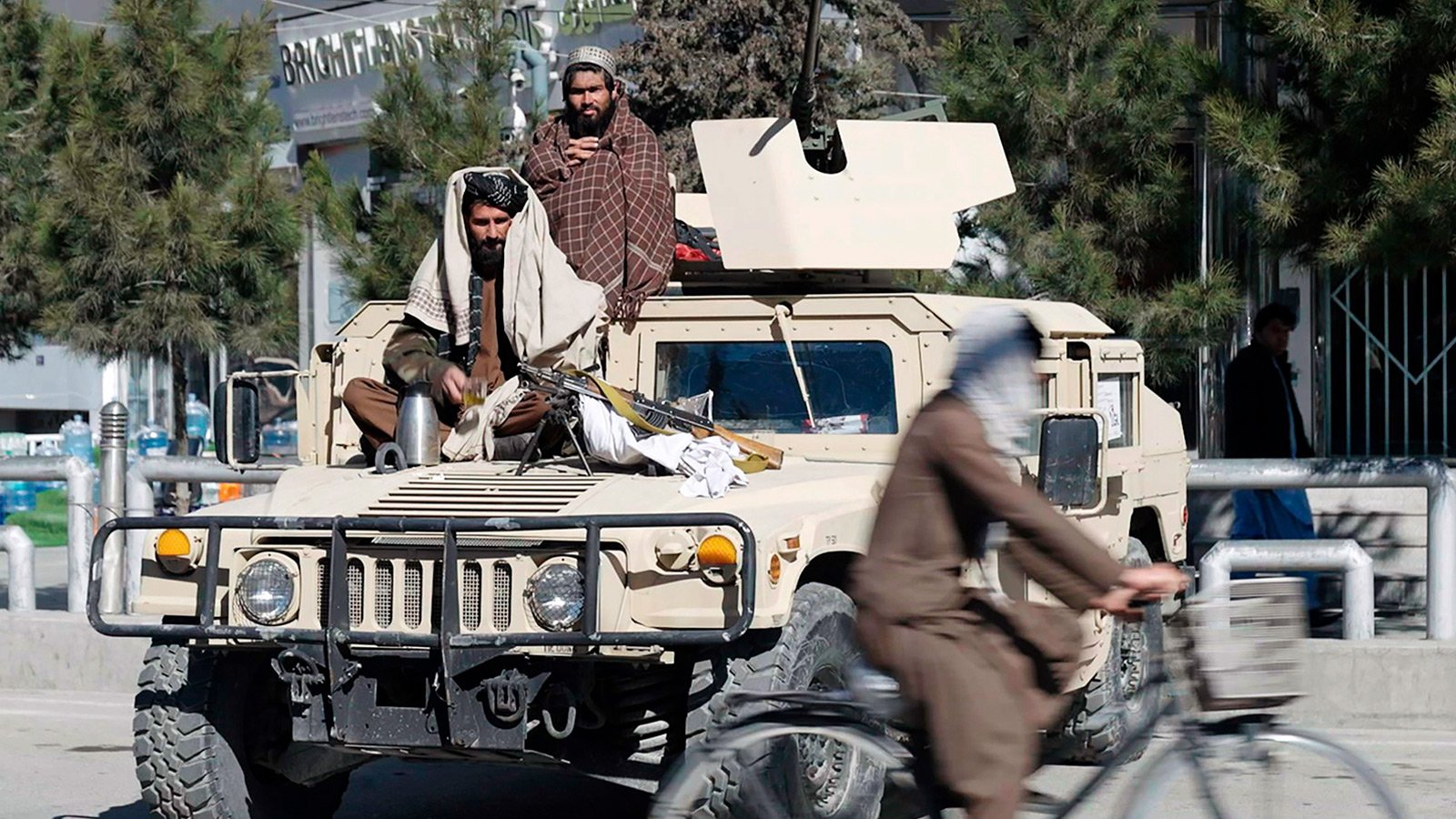Escaping Taliban Afghanistan with the Kabul Airlift
When the Taliban took full control of Afghanistan on August 15, 2021, thousands of people rushed to flee the country. One of them was Mohammad G. The Afghan prosecutor came to Germany with the help of the civil society initiative “Kabul Luftbrücke”, which is also supported by the Robert Bosch Stiftung. To date, the Kabul Airlift has evacuated more than 2,500 Afghans at risk and helped many more by opening new routes to safety.
Although it had long been clear that Mohammad G.'s family would have to flee the victorious Taliban and leave Afghanistan, it was a brutal incident in his hometown in August 2021 that prompted him to go underground. A group of armed men forced their way into the family home, arrested Mohammad G.'s mother, and interrogated her to learn where her children were. When she refused to tell them, they slashed the woman's face.
If she had told them that her son was talking to peasants near the house, he would have been killed. He was making sure that the almond trees on the family estate would be tended after their flight so that their fruits would help others survive. He fled immediately, leaving behind his injured mother and wife. In order not to endanger his family even more, he went into hiding in the millions-strong city of Kabul.
The prosecutor found himself in the Taliban's crosshairs
With the maiming of Mohammad G.'s mother, the perpetrators intended to hit the entire family. Not only Mohammad G., a prosecutor who worked on corruption cases and received constant death threats, but also his brother, an officer in the Afghan army.
By early 2021, the Taliban were already firmly in power, with hundreds of thousands of people fleeing their reign. They and their allies were settling accounts with former opponents: putting them in prison, torturing or shooting them. And if the Taliban could not access those parties directly, they used their families to exert pressure or to make an example.
How did Mohammad G. come into in their sights? “I worked as a prosecutor for six or seven years,” says the early 30-year-old. “First in Daikundi Province, then at the Kabul Anti-Corruption Center, and also in between at Bayram Prison to relieve the judiciary there.” In the process, Mohammad G. repeatedly landed on the trail of suspicious dealings. His downfall was the fraud investigation of a powerful warlord: a situation that became increasingly unpleasant for the warlord as the investigation progressed.
At one point, Mohammad G., as the prosecutor in charge, received threats on his phone. The calls revealed that they knew his exact whereabouts. Sometimes they called him “Hazara boy” – a targeted humiliation because the Hazara ethnic group is often ostracized by other ethnic groups in Afghanistan. Mohammad G. was thus made aware that he and his family are at immediate risk.
The pressure mounted after the Taliban came to power
The case was taken out of Mohammad G.'s hands and handed over to the Afghan attorney general. The investigation stalled. Nevertheless, it was then that the prosecutor found himself in the Taliban's crosshairs. Many people he investigated were now making a career under the Taliban: “One is a district governor, another works in the police of a district,” says Mohammad G. He believes that these former defendants brought him to the Taliban’s attention.
The pressure mounted after the Taliban came to power. Mohammad G. contacted a European, Imogen Canavan, a lawyer who worked for the Kabul Airlift. He had gotten to know her as a colleague, and now he had to ask her for help. Mohammad G. went into hiding with other family members in the jungle of the cities, where he helped the airlift to identify and find other people who were in acute danger. In January 2022, part of the family was able to travel to neighboring Pakistan, and in May Mohammad G. was flown out through the Kabul Airlift: destination Germany.
Now he and at least some of his family are safe.
What the Foundation supports
The Robert Bosch Stiftung is committed to help shape migration policy, governance and practice through far-sighted, inclusive approaches that center around human dignity as a guiding principle. In the context of Afghanistan, but also globally, the Foundation supports reliable and safe pathways for people in need of protection. Municipalities and civil society are willing and able to take in Afghans at risk, but governments must enable this complementary engagement and provide themselves reliable and safe pathways for admission. In addition to supporting the Kabul Airlift as an emergency measure and an independent analysis on evacuations and admissions in Germany, the Robert Bosch Stiftung supports the Global Refugee Sponsorship Initiative (GRSI). GRSI supports the establishment of community sponsorship programs around the world.

